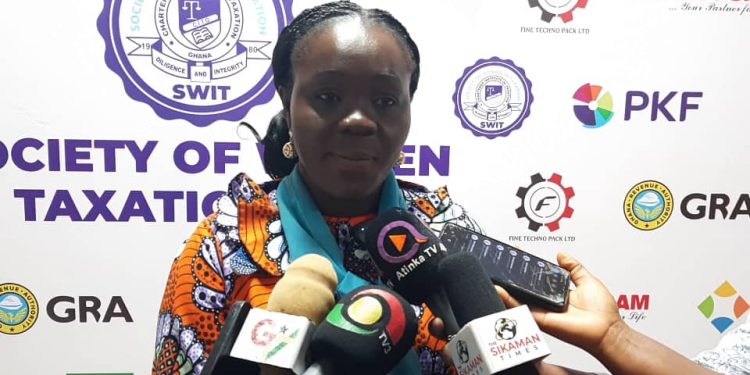
The Ghana Revenue Authority (GRA) has announced plans to embark on a comprehensive nationwide tax education campaign by the end of 2025, with a special focus on the informal sector. The initiative is designed to demystify Ghana’s tax system and make compliance easier for traders, artisans, and small business operators who often struggle to navigate complex tax rules.
Speaking at the third edition of the Society for Women in Taxation (SWIT) Conference in Accra, Technical Advisor to the Commissioner-General, Elsie Apau, explained that the campaign will present tax information in simple, practical, and relatable language rather than technical jargon.
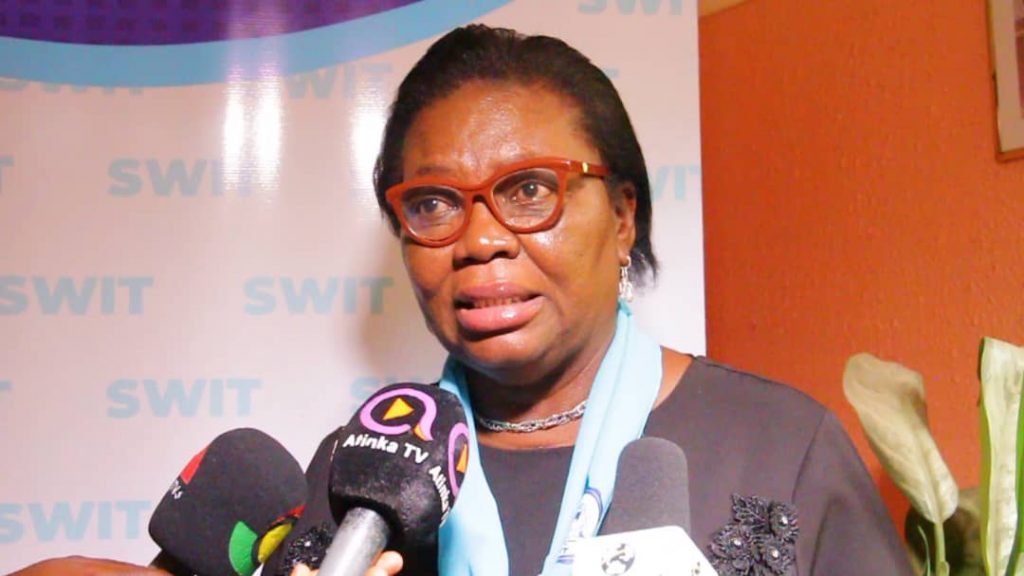
“The Commissioner will soon launch what we’ve flagged as tax education. This is to break down tax information so that the uninformed, semi-literate, or semi-educated person can understand it in very clear and basic language. We are not going to use verbose expressions or grammatical jargon,” she stated.
Apau emphasized the need to link taxation directly to public benefits in order to encourage compliance.
“How can the woman in Abossey Okai, Makola Market, or the one selling at a tabletop in my village understand that when they pay tax, their children will have better classrooms, their roads will improve, and their clinics will be better equipped?” she asked.
Chairperson of SWIT, Esi Sam, stressed that taxpayer sensitisation must go beyond enforcement to building trust and respect.
“Collecting taxes is not just about collection but also the human face you attach to it. When you engage people respectfully, they are more motivated to comply,” she noted.
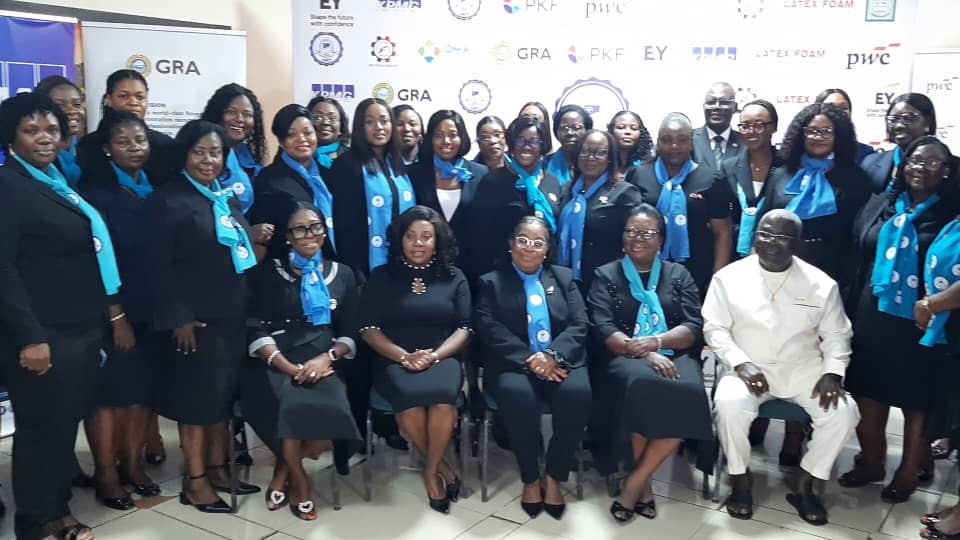
Adding a technological perspective, Patricia Obo-Nai, CEO of Telecel Ghana, highlighted the importance of leveraging machine learning and digital tools to strengthen informal sector tax collection. She pointed to models from Chile, India, Kenya, and the United States, where technology has significantly improved compliance levels.
“Technology adoption in Ghana’s informal sector is not only about innovation but also inclusion. Tools must not assume fluency in English, access to smartphones, or comfort with digital platforms. Simple USSD solutions, for example, can make tax information accessible to anyone with a basic phone,” she advised.
The campaign forms part of the GRA’s broader strategy to expand Ghana’s tax base, improve revenue mobilisation, and strengthen public confidence in the tax system. By focusing on education, inclusivity, and technology, the Authority hopes to transform tax compliance from a burden into a shared national responsibility.






































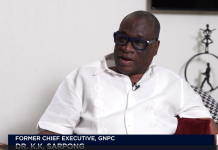
















![[FREE FREE MONEY] Predict and Win a Guaranteed GH¢200 From Us EVERY WEEK](https://wordpress.ghanatalksradio.com/wp-content/uploads/2022/02/Predict-and-Win-Final-09-03-2021-218x150.jpg)
![[Predict & Win – 8th/Oct.] WIN A Guaranteed ¢200 From Us This Week](https://wordpress.ghanatalksradio.com/wp-content/uploads/2021/10/maxresdefault-16-218x150.jpg)
![[Predict & Win – 2nd] WIN A Guaranteed ¢200 From Us This Week](https://wordpress.ghanatalksradio.com/wp-content/uploads/2021/09/maxresdefault-50-218x150.jpg)
![[Predict & Win – 25th] WIN A Guaranteed ¢200 From Us This Week](https://wordpress.ghanatalksradio.com/wp-content/uploads/2021/09/maxresdefault-36-218x150.jpg)
![[Predict & Win – 18th] WIN A Guaranteed ¢200 From Us This Week](https://wordpress.ghanatalksradio.com/wp-content/uploads/2021/09/maxresdefault-23-218x150.jpg)
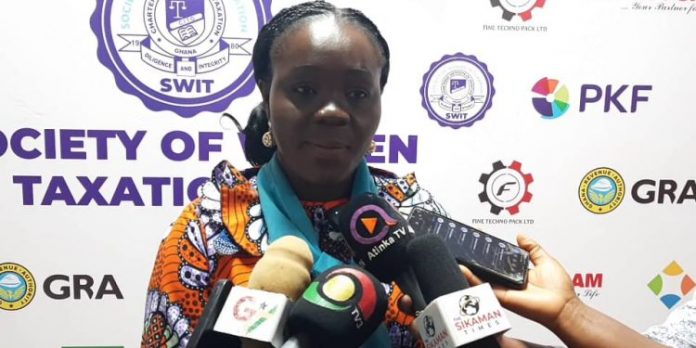










![[National cathedral] See full list of churches that have contributed since 2018](https://wordpress.ghanatalksradio.com/wp-content/uploads/2020/09/Ghana-National-Cathedral-GhanaTalksRadio-100x70.jpg)



